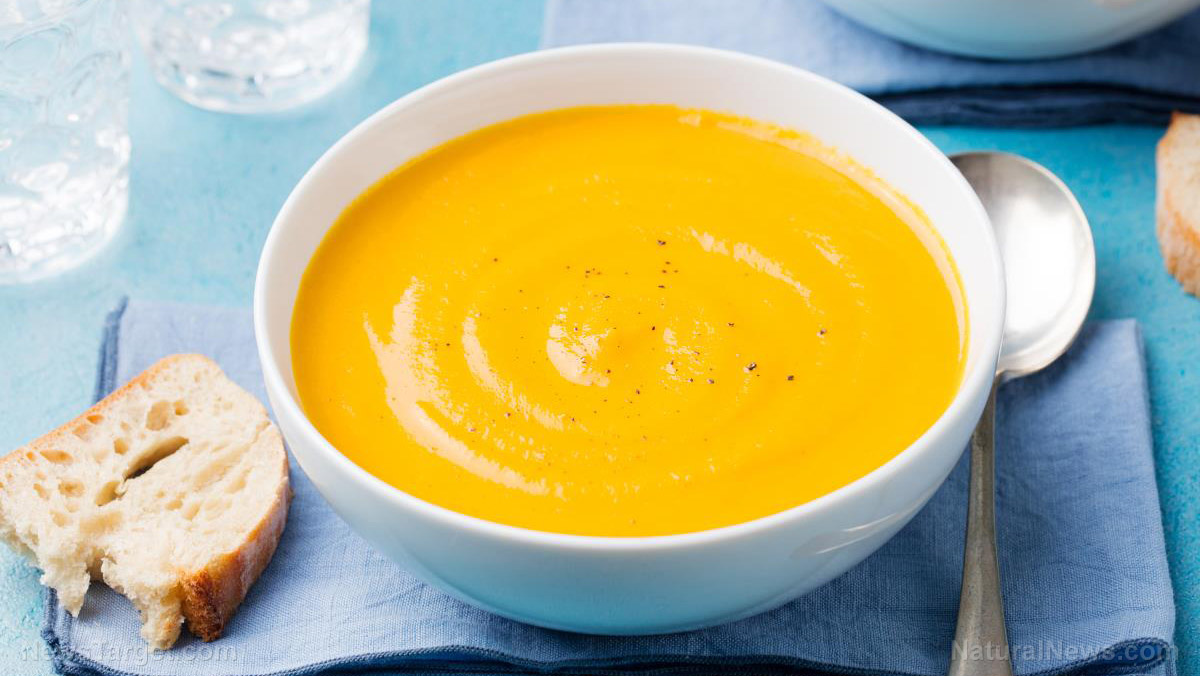
Advertisement
Research has found another reason for you to limit your consumption of red and processed meat — it may increase your risk of non-alcoholic fatty liver disease (NAFLD) and Type 2 diabetes. The study, which was published in the Journal of Hepatology, found a link between a high intake of red and processed meat and non-alcoholic fatty liver disease (NAFLD) and insulin resistance.
Previous studies have found that high red and processed meat consumption is associated with Type 2 diabetes, and meat cooked at high temperatures for a long time forms heterocyclic amines (HCAs), which harms health. However, the link between red meat consumption and NAFLD is yet to be fully understood.
Researchers from the University of Haifa and Tel Aviv University in Israel conducted the study to determine the association of meat type and cooking method and NAFLD and insulin resistance. For their study, they analyzed data of more than 1,000 individuals aged 40 to 70 years old who underwent screening colonoscopy between 2013 and 2015 in a single center in Israel.
The participants also answered questionnaires about their consumption of meat and cooking method. The researchers identified frying and grilling to a level of well done and very well done as unhealthy cooking methods. They also calculated dietary HCA intake of the participants.
Results revealed that NAFLD and insulin resistance were more common in people who ate relatively high amounts of red and processed meat. Moreover, high intake of meat cooked in unhealthy methods increased insulin resistance risk. In addition, high consumption of HCAs was linked to insulin resistance.
The researchers concluded that high consumption of red and processed meat may increase the risks of NAFLD and insulin resistance. In addition, eating meat cooked in high temperatures may also increase one’s risk of developing diabetes.
Red and processed meat also cause cancer
In 2015, the International Agency for Research on Cancer (IARC), the cancer agency of the World Health Organization (WHO), revealed that red and processed meat can cause cancer.
For the IARC’s research, which was published in The Lancet Oncology, 22 experts from 10 countries reviewed over 800 studies to reach their findings.
In the review, researchers found that consuming 50 grams of processed meat each day increased the risk of colorectal cancer by 15 percent — which is equal to four strips of bacon or one hot dog. Other examples of processed meat are ham, sausage, and some deli meats. Processed meat has been treated (salted, cured, fermented, or smoked) to preserve or flavor it.
On the other hand, red meat consumption increased the risk of colorectal, pancreatic, and prostate cancers. Red meat includes beef, pork, lamb, and goat. (Related: Red meat and processed meat raise colon cancer risk, while fiber lowers it.)
Experts suggest that people should eat less red and processed meat in order to help lower their colon cancer risk, and possibly, the risk of other types of cancers. Try to eat meat in smaller portions or have meat-free days in a week.
Red meat is also a source of protein, which the body needs to grow cells, heal tissue, and keep the immune system healthy. Fortunately, there are healthier excellent sources of protein you can eat instead of red meat. These include:
- Eggs
- Fish and seafood
- Legumes, such as beans, peas, lentils, and soybeans
- Nuts and seeds
- Organic dairy products, such as cheese, milk, and yogurt
- Poultry, such as chicken and turkey
Read more news stories and studies on foods that increase diabetes risk by going to DiabetesScienceNews.com.
Sources include:
Advertisements







